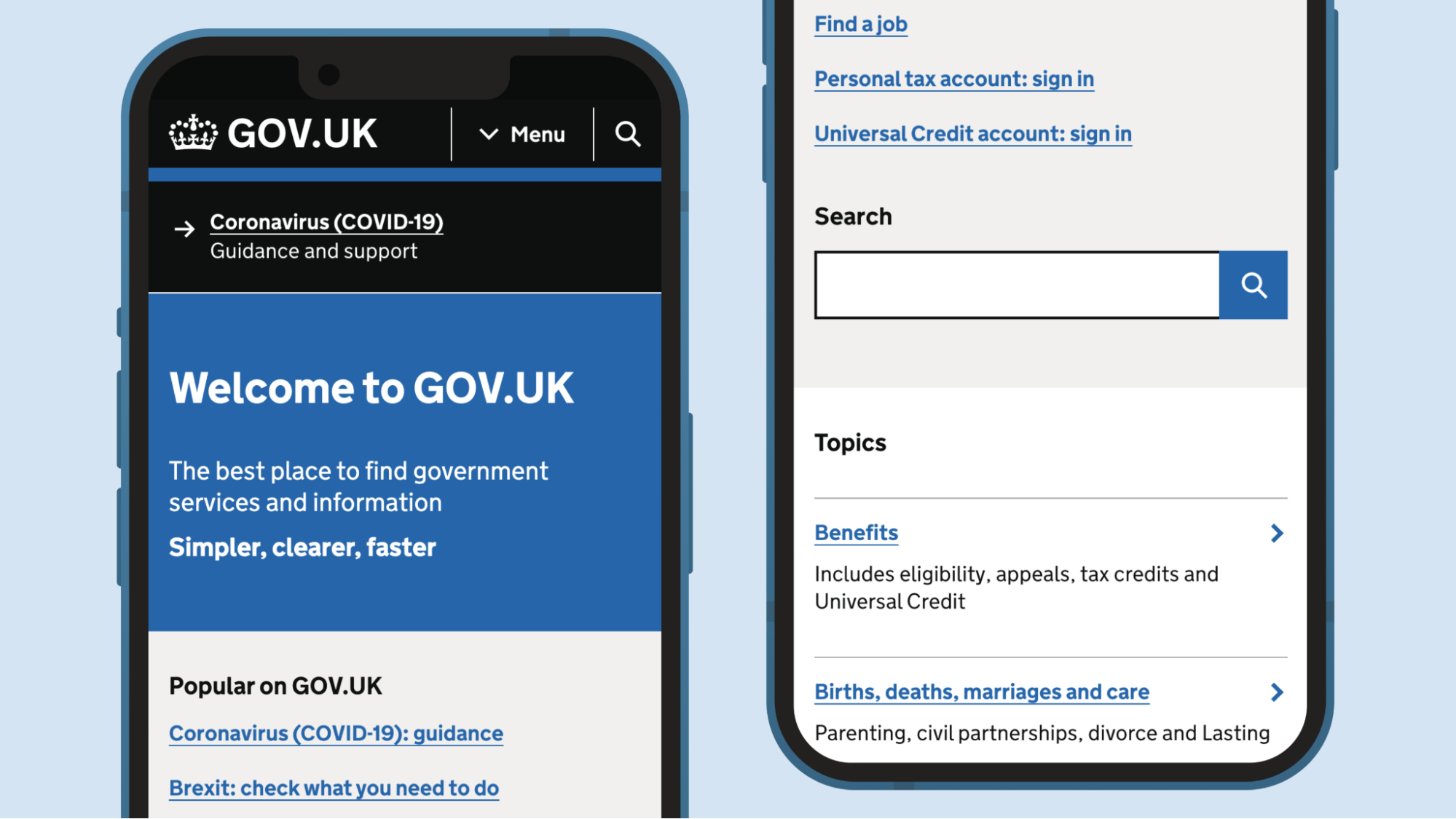Trialled software will use a ‘natural language interface’ to process queries from website visitors, and Cabinet Office minister stresses ‘no personal data will be used as part of this pilot’
Government is undertaking trials of a chatbot – powered by technology from the firm behind ChatGPT – intended to help find content and answer user questions on GOV.UK
Details of the GOV.UK Chat tool, which is being delivered by the Government Digital Service, were revealed in a newly published privacy notice, which outlines to users of the automated platform how their data might be used.
“GOV.UK Chat is a natural language interface,” the notice says. “This means you are able to ask it a question and it provides a human-like response. GOV.UK Chat contains GOV.UK content and can answer questions relevant to information found on GOV.UK pages.”
The document explains that, when a question is asked, GOV.UK’s own systems first filter out any pages on the government website that may contain sensitive personal data. Further filtering will also identify a collection of potentially relevant pages and, once these processes have been completed, an API will be used to pass on all this detail to OpenAI – the firm that created the generative artificial intelligence tool ChatGPT.
The company’s technology will then process the question, scan the GOV.UK content provided, formulate an answer, and communicate this to the user.
“GOV.UK pages without personal data are searched and ones related to the question are sent with the question to our third party provider, OpenAI,” the notice says. “When OpenAI receives the question, it uses the GOV.UK content it has been sent to create an answer to the question that is written in a human-like response.”
It adds: “GOV.UK Chat enables users to get answers to questions they enter about published GOV.UK content. GOV.UK content includes pages that have gov.uk at the start of the URL… it does not include content created on a department’s own websites or data collected in their services.”
Users are advised, however, that if they include any personal data in their question, this will be provided to OpenAI – the company that created the ChatGPT generative artificial intelligence system.
Related content
- Terrorism: Government keeping tabs on potential for radicalising chatbots, minister says
- Artificial intelligence to empower public services, says minister
- Department for Education ‘assessing risks’ of ChatGPT
“Chat history is held by GDS for one year in order to enable us to evaluate for accuracy and monitor the system,” the notice says. “Search queries sent via [an] API are stored by OpenAI for a duration of up to 30 days for the purpose of monitoring potential misuse or abuse. After 30 days, the data is deleted, except in cases where OpenAI is required by law to do so.”
It is not clear where or how extensively GOV.UK Chat is being tested, nor whether government has firm plans to roll out the technology more widely in due course. The notice describes the chatbot as an “experiment developed by GDS and open to invited users only” as part of a “user research phase”.
In response to enquiries from PublicTechnology, the Cabinet Office sent a response from Alex Burghart, a junior minister at the department whose duties include supporting the work of GDS and its sister agency the Central Digital and Data Office.
“The UK is playing a leading role in ensuring AI is used safely, including through establishing the world’s first AI Safety Institute,” he said. “The pilot [of GOV.UK Chat] will explore the possible uses for AI on GOV.UK with a focus on improving user experience. This includes exploring how business owners can more easily navigate complex information and find the support they need. No personal data will be used as part of this pilot, and we will always uphold our high standards and legal duties when it comes to data protection.”
The potential role in government of ChatGPT, and other such generative AI tools, has been subject of increasing debate and scrutiny in recent months.
This summer the Cabinet Office published formal advice for civil servants outlining that officials are prohibited from using the technology to compose the content of policy papers . The guidelines state, however, that “with appropriate care and consideration, generative AI can be helpful and assist with your work”.
An example of such assistance can perhaps be found in the work of AI minister Viscount Camrose, who recently said that he had found the use of ChatGPT “very helpful” in summarising legislation.




